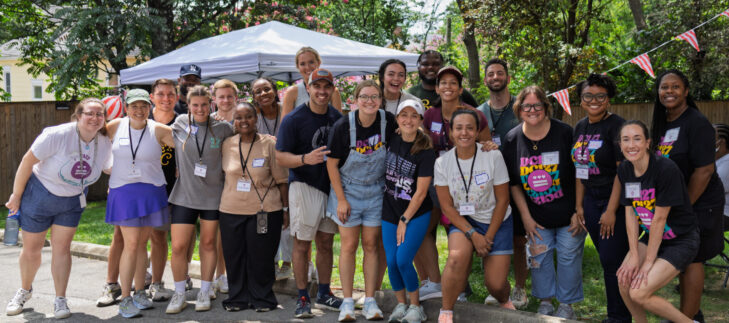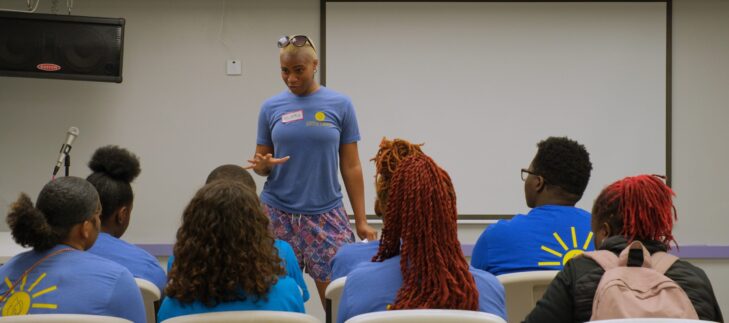
Will You All Step In?
This article is part of Better Together — a storytelling series from the Center for Public Justice highlighting how faith-based organizations have partnered with government to see their communities flourish. Telling the story of DC127 At the steps of the Lincoln Memorial, people gathered to remember and carry forward a movement. August 2013 marked the 50th anniversary of the March on Washington, where Dr. Martin Luther King Jr. famously delivered his “I Have a Dream” speech. As thousands came to celebrate and to commission one another to realize the dream, another movement—oriented around caring for vulnerable children—was being birthed in […]




